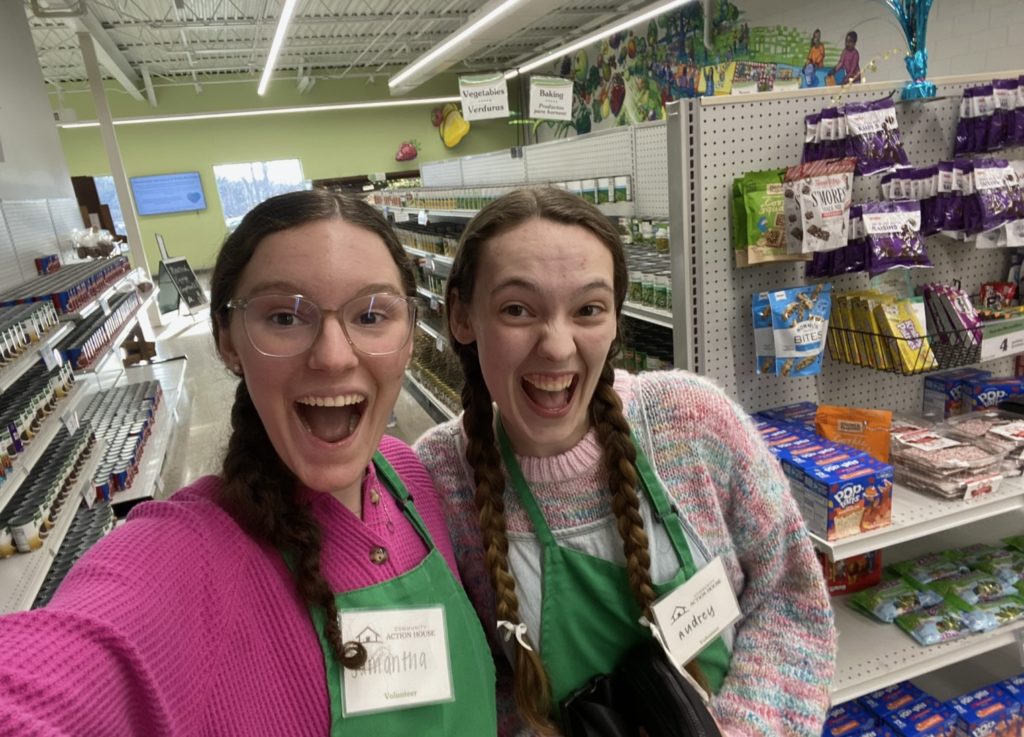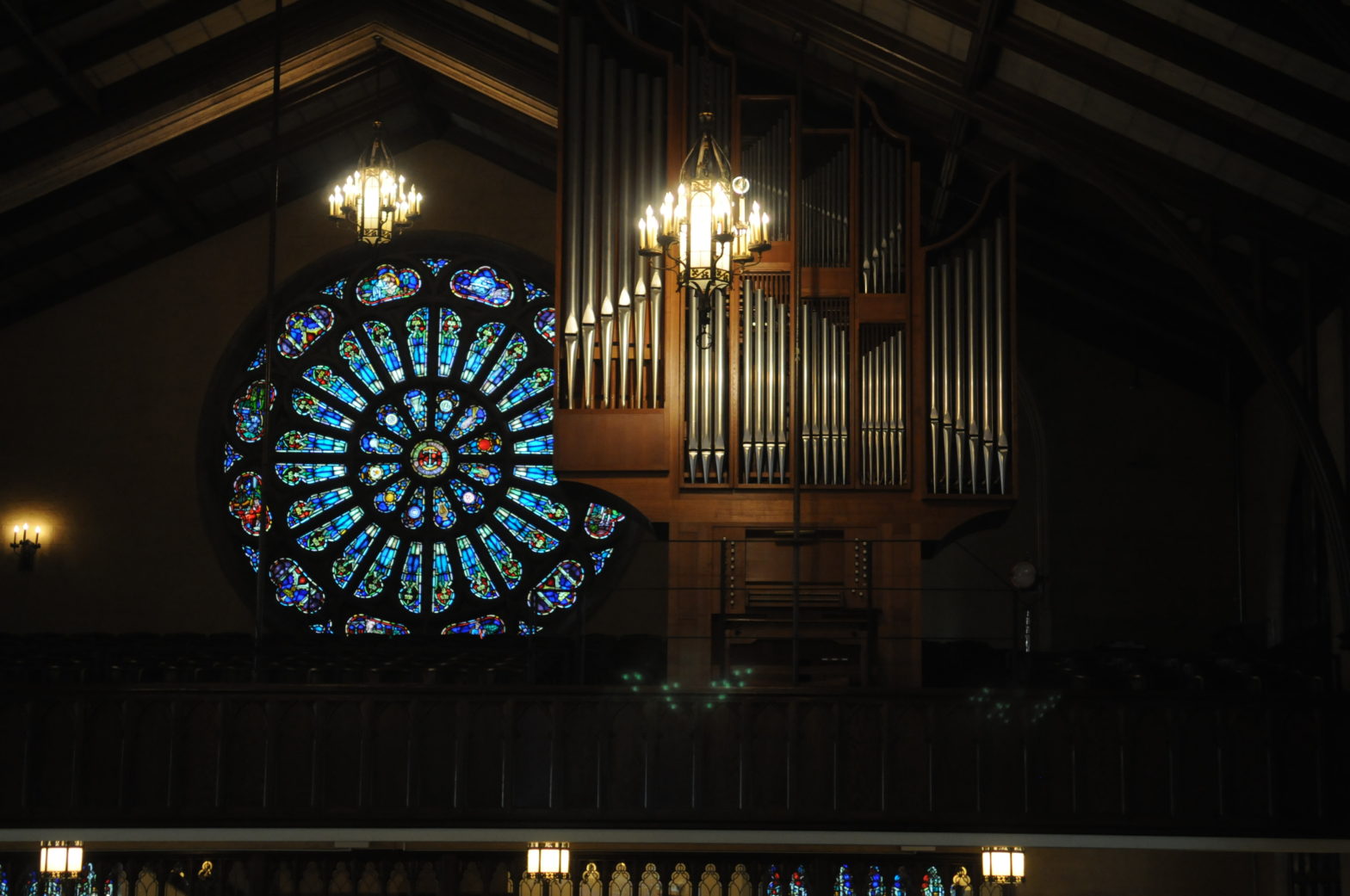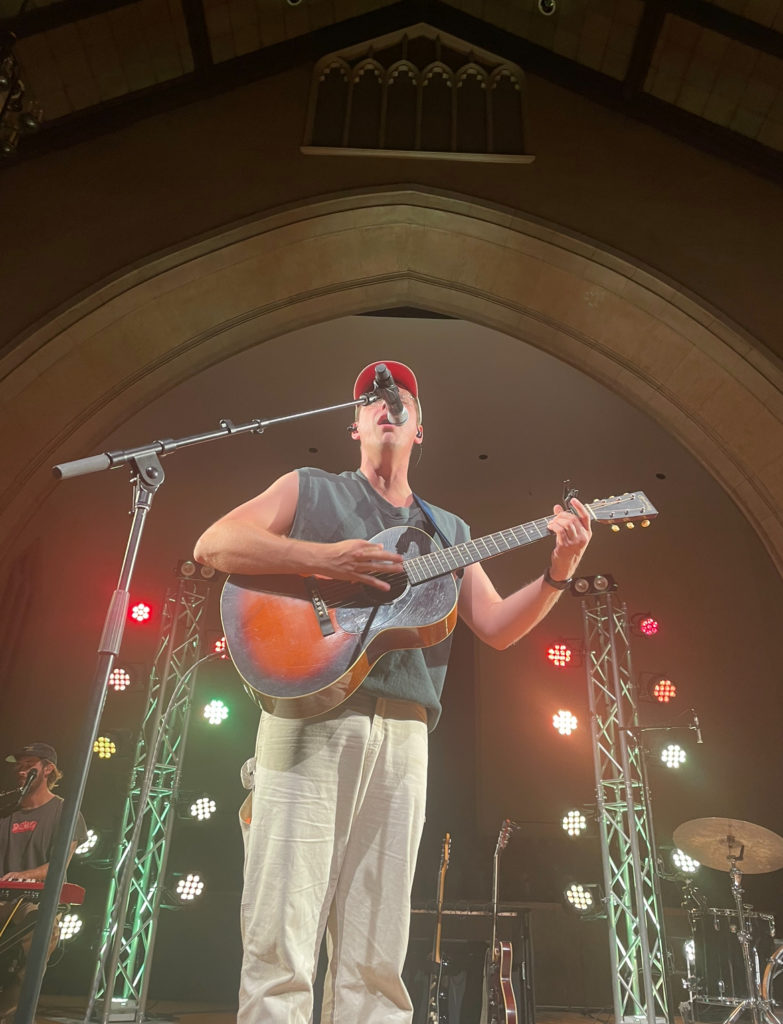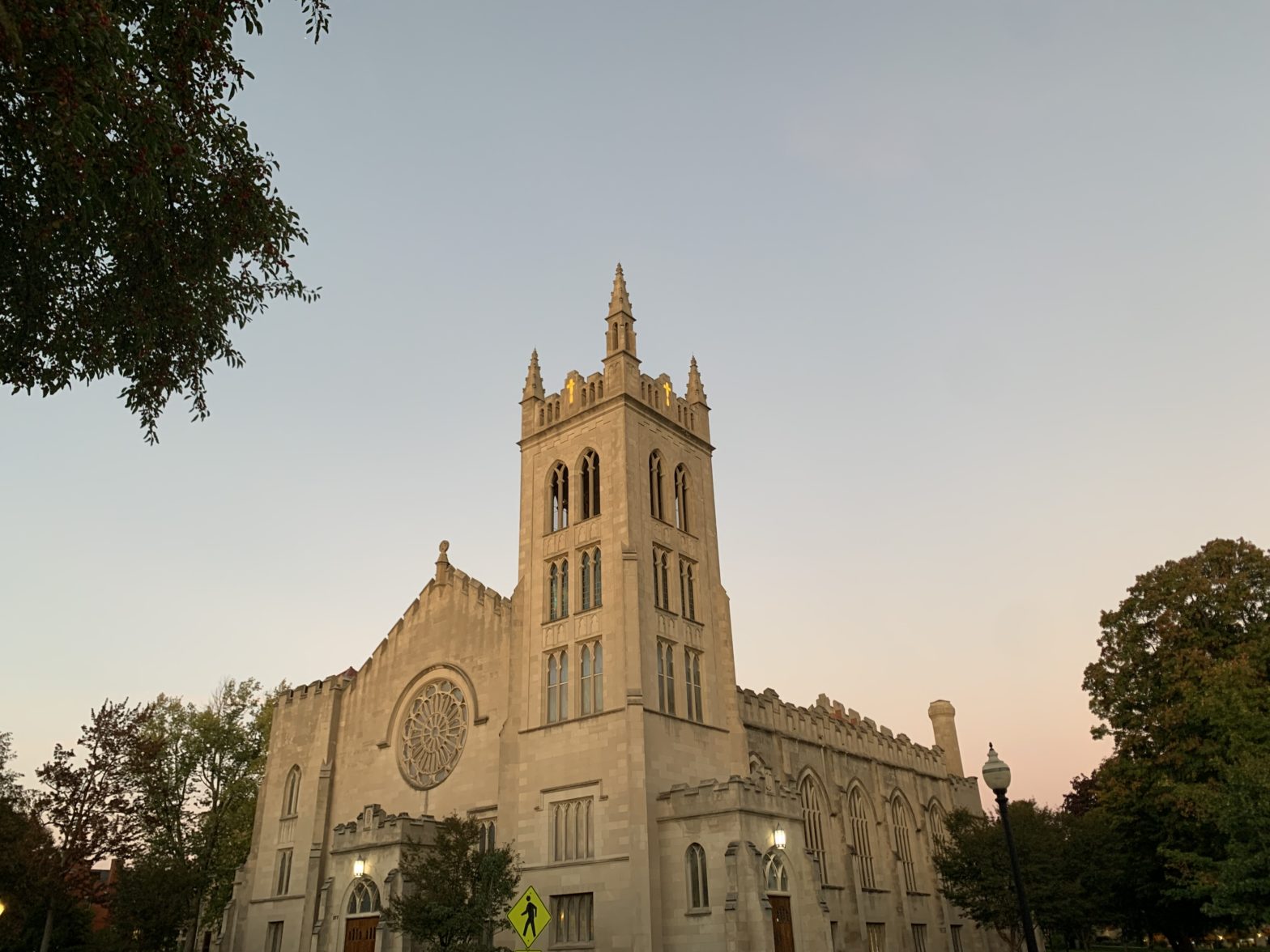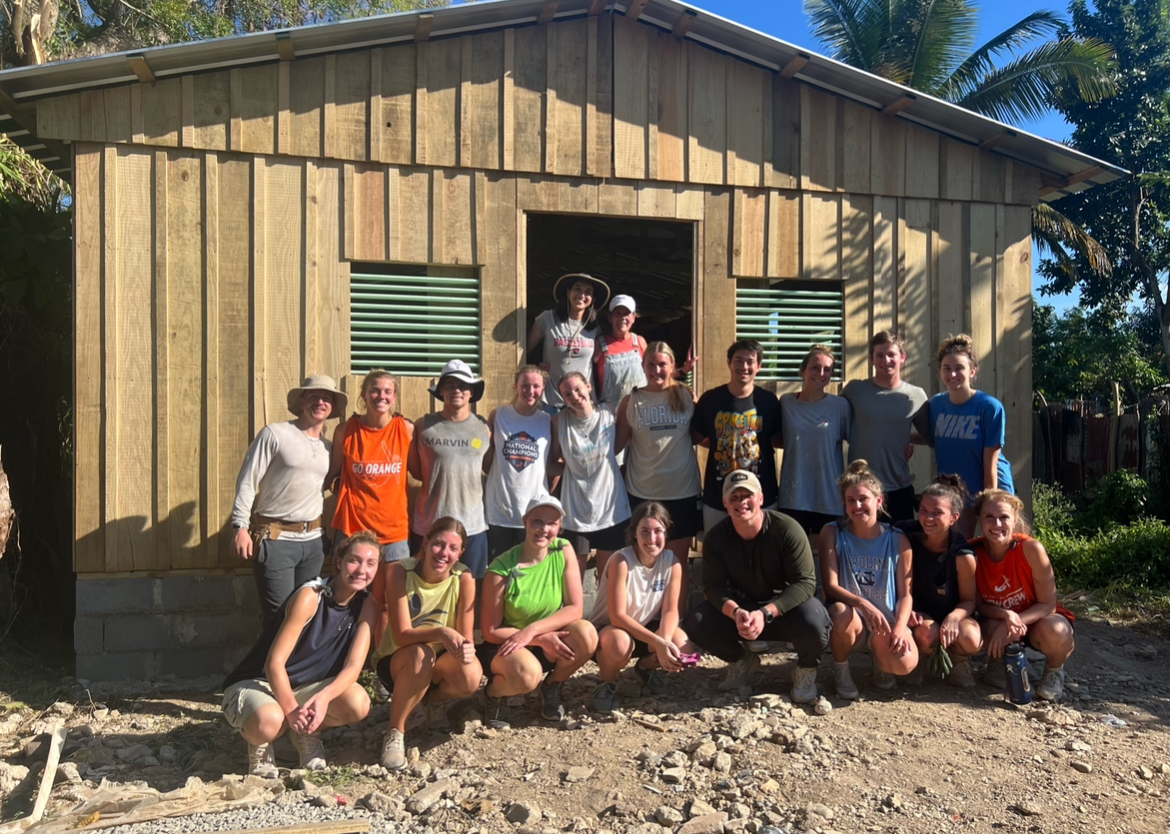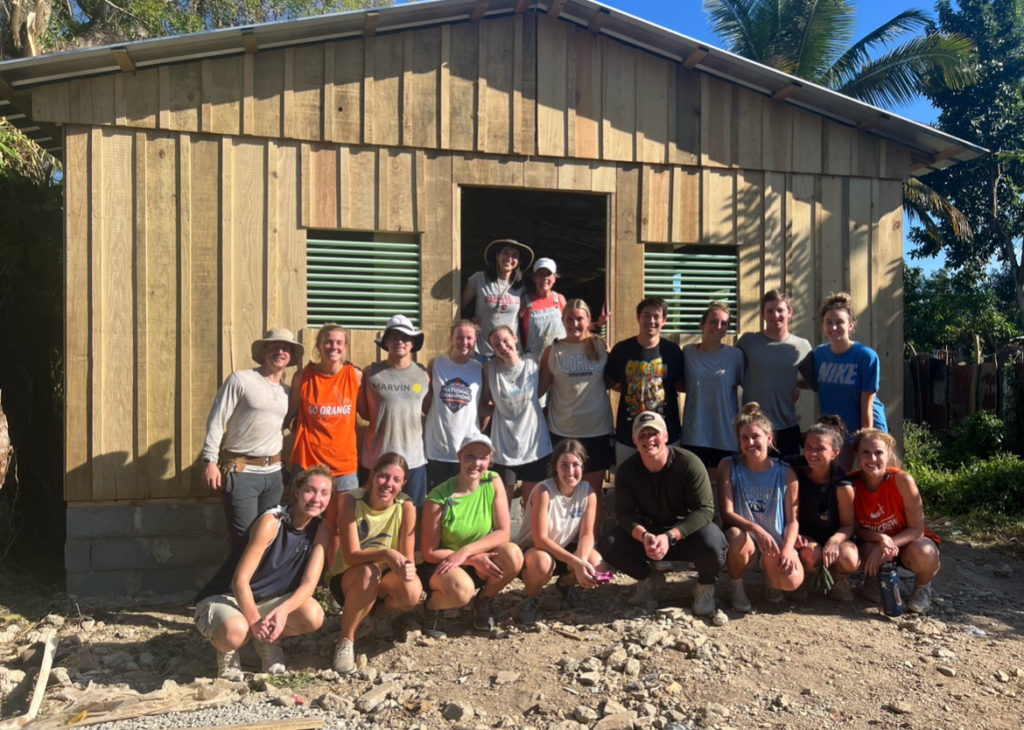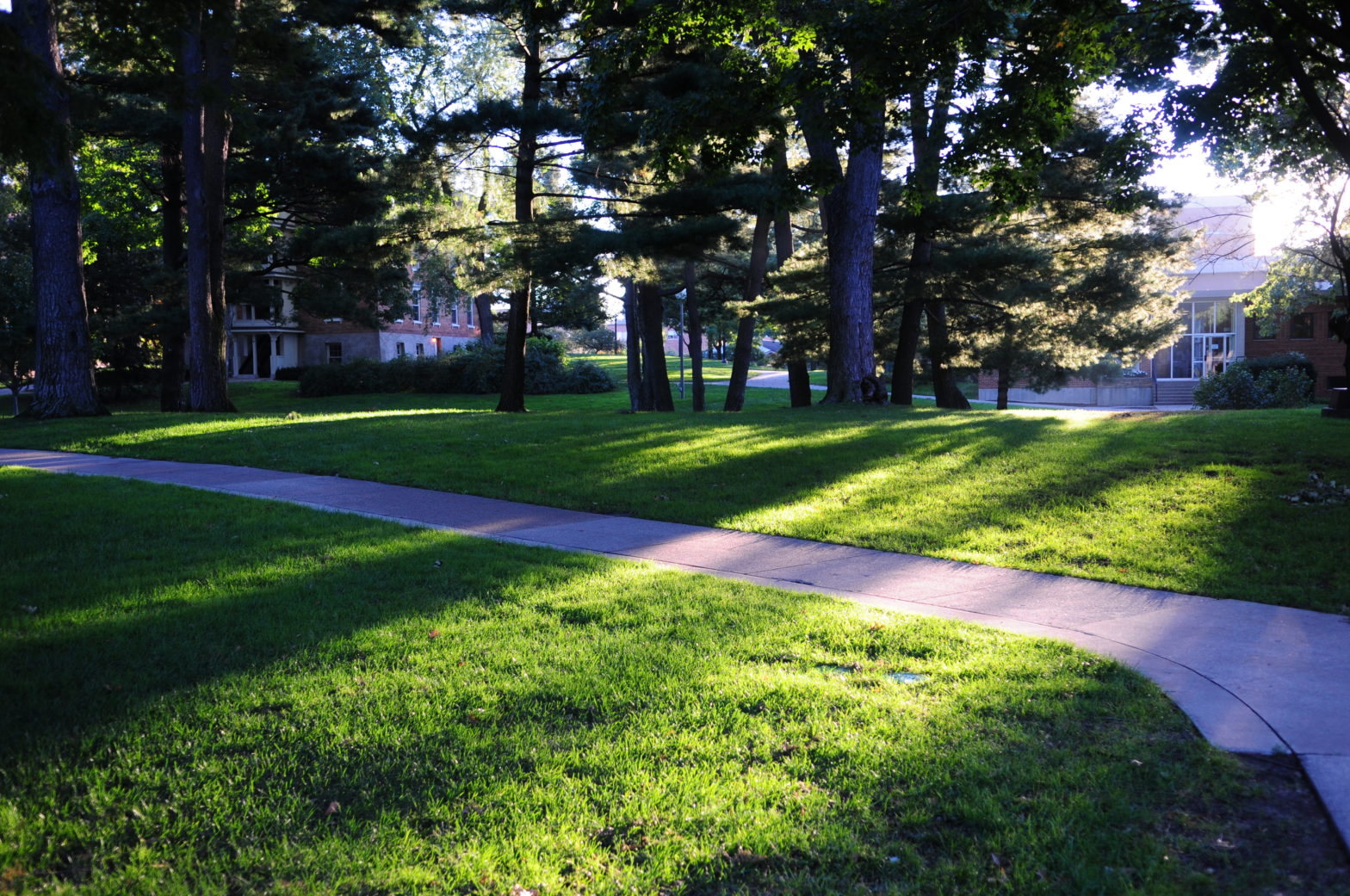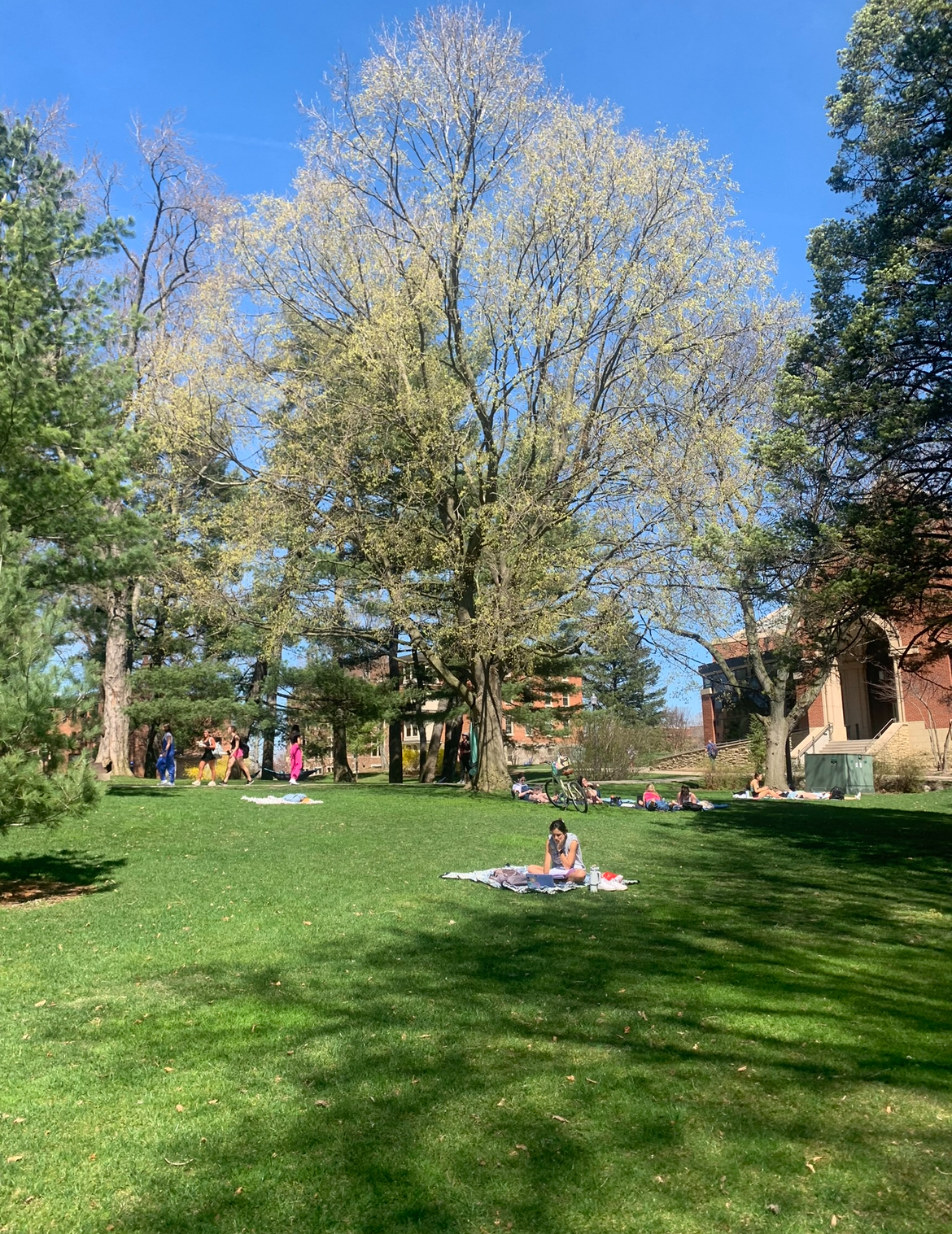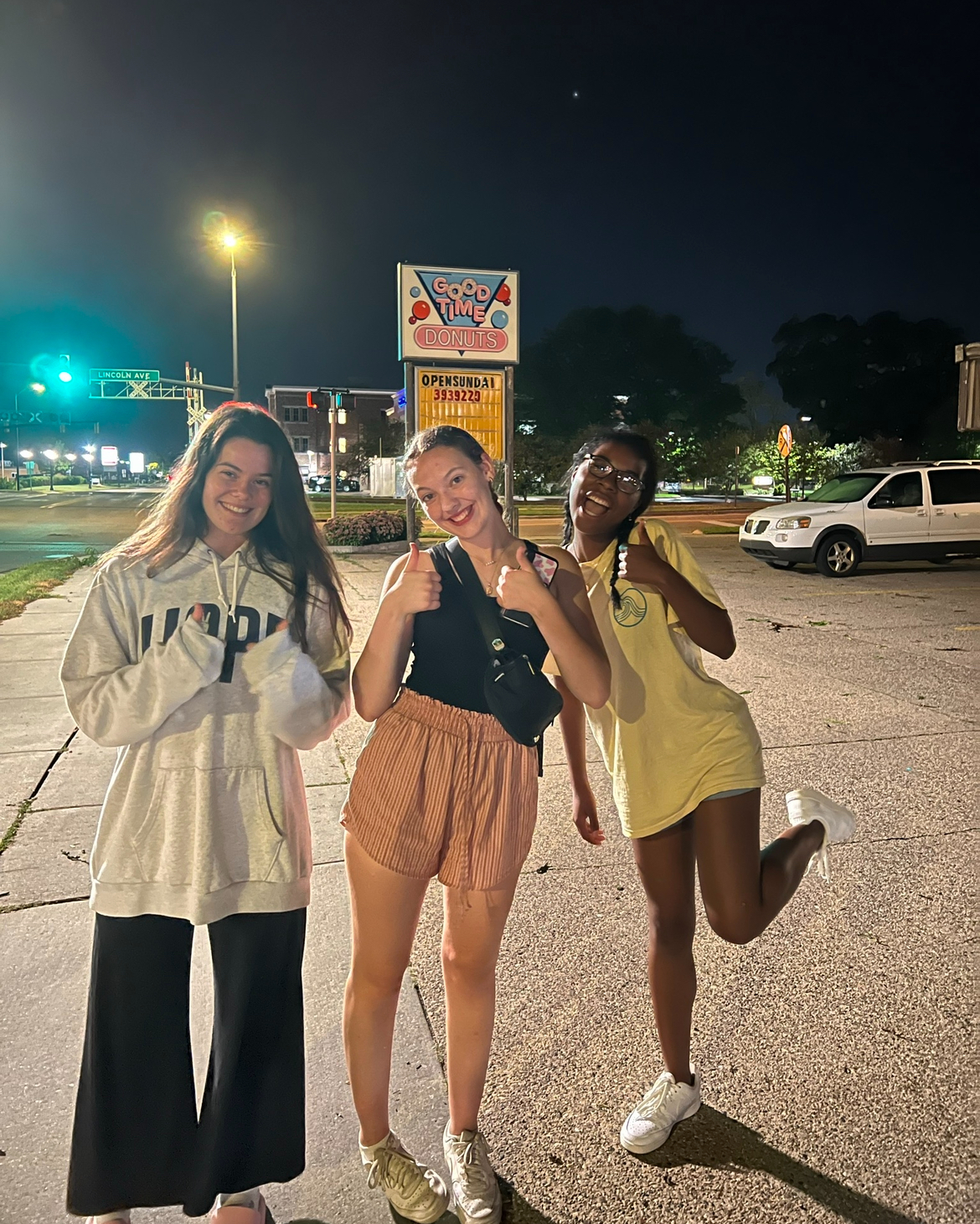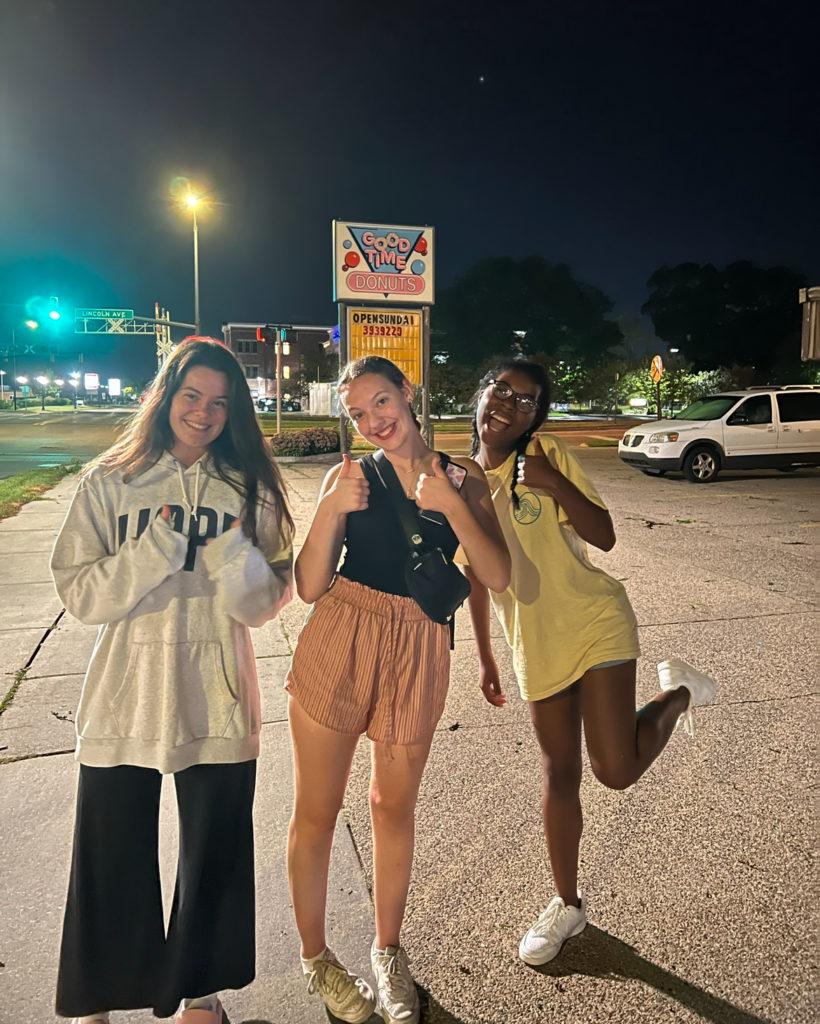With the end of the school year and as a rising senior, I find myself reflecting on my time at Hope College so far. With close friends graduating, I find myself pondering how soon that will be me. As I transition into preparing for the next semester, I wonder what makes Hope the place that it is. Why Hope?
Faith Foundation & Formation
The foundation of Hope College is rooted in its Christian heritage beginning more than 150 years ago. Among Hope’s vision statements for its mission, it strives “to be a leading Christian college, ecumenical in character and rooted in the Reformed tradition” and to “promote faithful leadership and grateful service as manifestations of Christian commitment.” As such, the College provides multiple ways to receive faith formation both as a student and as an individual. For example, Christian concepts are discussed in classrooms even beyond a traditional religion course context. Additionally, the campus ministries office provides opportunities including bible study groups, immersion trips, and 3x weekly Chapel worship series. Opportunities for Catholic students are also available through the St. Benedictine Institute including Genesis and Exodus 90, daily masses, and a lecture series. All are invited to enter into the faith community at Hope, no matter one’s religion, including people who do not practice a religion at all.
Liberal Arts Education
Another key characteristic of Hope’s fabric is its commitment to the liberal arts. Hope’s mission statement reads, “The mission of Hope College is to educate students for lives of leadership and service in a global society through academic and co-curricular programs of recognized excellence in the liberal arts and in the context of the historic Christian faith.”
Supported by a multidisciplinary approach, the College strives to holistically form students into well-rounded future leaders – academically, spiritually, and socially. As such, students receive a breadth of classes through the general education program. Additionally, students are encouraged to participate in diverse programs outside of the classroom across multiple disciplines.
Caring Community
Additionally, Hope College would not be the place that it is without its people. Being surrounded by students, faculty, and staff who care about each individual and the mission of the school, enables a culture in which support, goodness, and virtue flourish. The character of the College provides deep richness and formation for students. Within the classroom, students are more than just a number among many in the room. Professors assist students and become life-long mentors. Peers collaborate and connect with each other, becoming friends beyond college.
I am grateful to be a part of this caring community.


